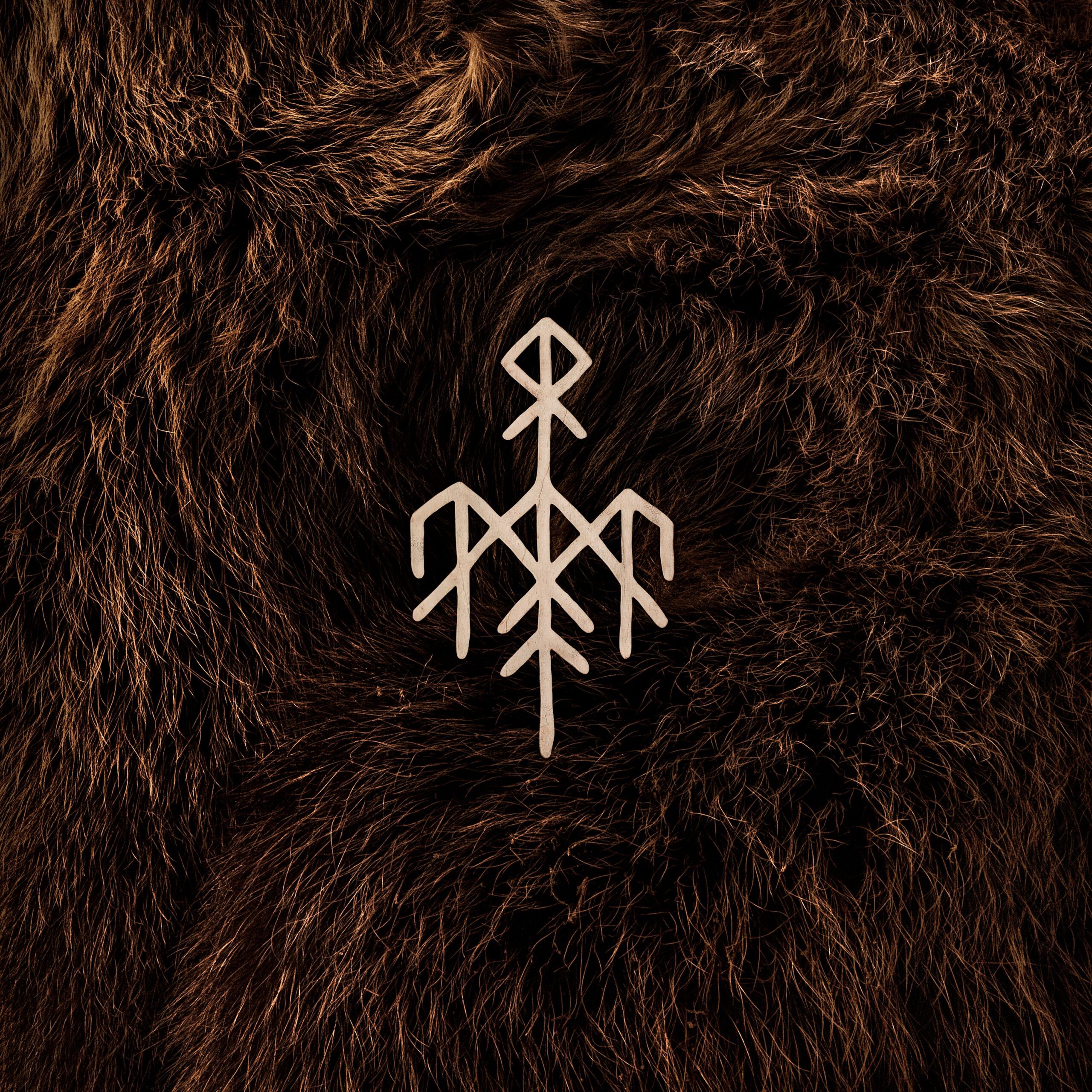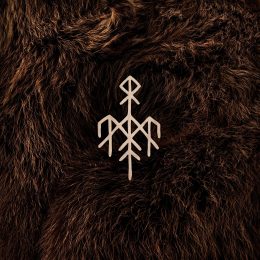You know what they say: if at first you hate an album, play, play again.
It’s not Wardruna’s fault. I came to Birna with the worst mindset possible: a reviewer’s brain, pumped on half-a-life’s worth of expectations. After release day left me throwing a tantrum that this was not Gap var Ginnunga (because how dare a band grow and change and morph in almost 20 years of music writing), I had to try again. I parked my conscious brain with codewords and, pen in hand, I let the album play. And this time, I heard it.
As with many failed first-listens, what I’d failed to give Birna was free rein over my imagination. Where the thundering horns on the title track first threw me back to the incredible Tyr (off the final Runaljod album, Ragnarok) and made me snicker at them as bombastic Hans Zimmer blasts, on subsequent listens, I eased into the soundscape preceding it: the hum in the trees. The tagelharpa mourning. The gentle drum beat, at the pace of walking a forest path. Lindy-Fay Hella singing as if announcing, proclaiming, make way! Make way!
Last spring I was hiking in my home mountains, miles away from the closest settlement, the landscape green and open as far as the eye could see, yet my eyes were glued to the ground, to the heavy paw prints in the mud, to the tiny round ones following. There’s a sharp intake of breath. In my mind’s eye, at the end of the trail, I see her. Gigantic and inescapable, half a ton of muscle and hunger. The she-bear I was in real life lucky enough to evade, now turning her head to look right at me.
When the horn blast comes, it is not the victorious arrival of the God of War. It is Fate made flesh. The she-bear rises on her hind legs, fur shivering on her, and what would any man do, defenceless and soft as all humans are in the face of claw and fang? The music swells and I see myself stretching, arms uplifted, as tall as I could be, a stick figure in front of God.
Wardruna has been with me as my own pair of raven-eyes through my whole adult life. Whether alone, lost or keen to find something real beyond the trappings of the city, there’s always been a song of theirs to walk me through what needed doing. Play through any album and I can tell you where I was when a certain song clicked: the sunset over London when I first heard Lyfjaberg, the floor outside an apartment I was locked out of when for the first time, in a week rife with bad luck, I didn’t skip Heimta Thurs and instead felt the release, the bad luck cracking, and the catharsis of being deathly afraid of such inhuman sounds.
Birna does not lean as much as their earliest albums into the primal animal energy of the human voice (with a notable exception being the witchy Himinndotter, with its harrowing message of empty skies and the death of the forests, featuring the Norwegian choir Koret Artemis), following instead the bardic more narrative-heavy approach, particularly clear on Hibjørnen. In many ways, this goes beyond a stylistic choice. This is an album about a humanity that has forgotten its duty to the Earth, has murdered her guardians, has lost the stars and their way. Words are needed, mournful angry ones, a skald’s high duty to remind us through verse what the truth is.
But their reverence to the power of silence permeates the eerie Dvaledraumar, made in collaboration with artist Jonna Jinton, whose recordings of frozen lakes and singing ice form the backdrop to this story of cold long nights, with their unearthly underwater music. It is framed by the pair Ljos til Jord / Jord til Ljos (Light to Earth / Earth to Light), just like the late autumn and the early spring before the ice breaks frame the deep winter.
I’m almost mad at them for starting off the album so loudly, with their most Wardruna song Hertan, when the magic to transform has always lied, for me at least, in their quietest songs, where the voices are sparse, the space between them held. Don’t get me wrong, I am as excited as the next fan to hear Skuggehesten live, to jump into that galloping river of drumbeat and thunderstorms, of shadows chasing and darkness approaching. I can’t help missing the exhilarating rawness of songs like Bjarkan. I think back to Einar breathing in and slowly out at the start of it and I can immediately see spring sprouting all around us, green upon green, tall grass and heat radiating off it. But then again, how much is that the music itself and how much 10 years of living in that song, having it play every dark night of the soul? I feel the promise in Tretale, calling out, chanting ei stemme ei stemme (a voice, a voice) – in the depth of the tree bark, what can you hear?
You can hear how far Wardruna has come – in the production value, the layering of natural sounds, the impeccable capture of voice and instrument, and especially in their lyricism, rife with longing and sadness about the loss of the natural world and the unbalance between man and beast. They chose to close the album with Lyfjaberg, easily their masterpiece – “the healing mountain”, released in the midst of the pandemic, is a cyclical hypnotic journey of release, of letting go of possessions, thoughts, fears – where you are heading, they’ll be of no use. Tell that to the capitalist consumerist nightmare we’re living: all you acquire and dream for and cling to is of no use, when the rivers change course and the storms come and the bears are gone from our mountains.
Listen to Birna while winter is still here.


